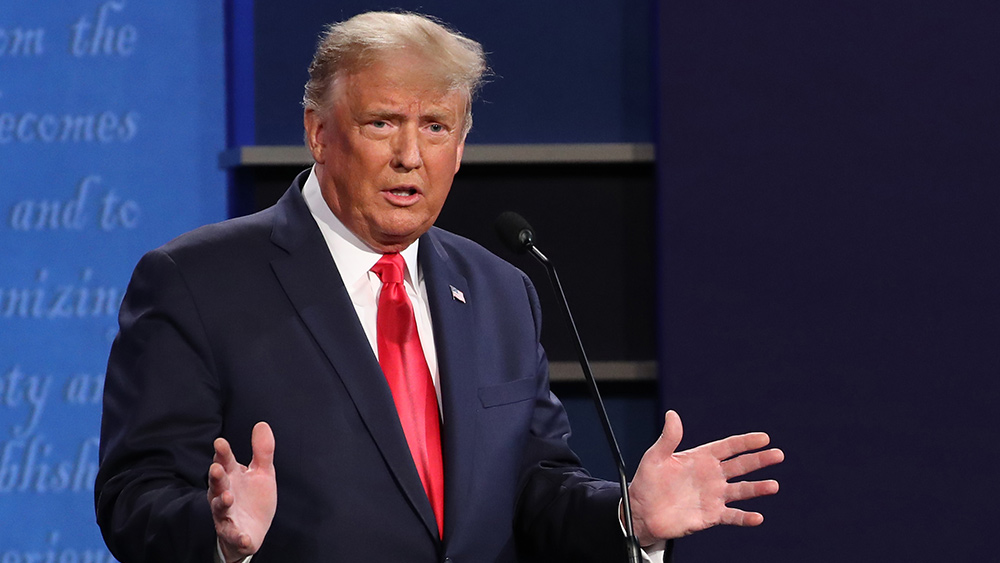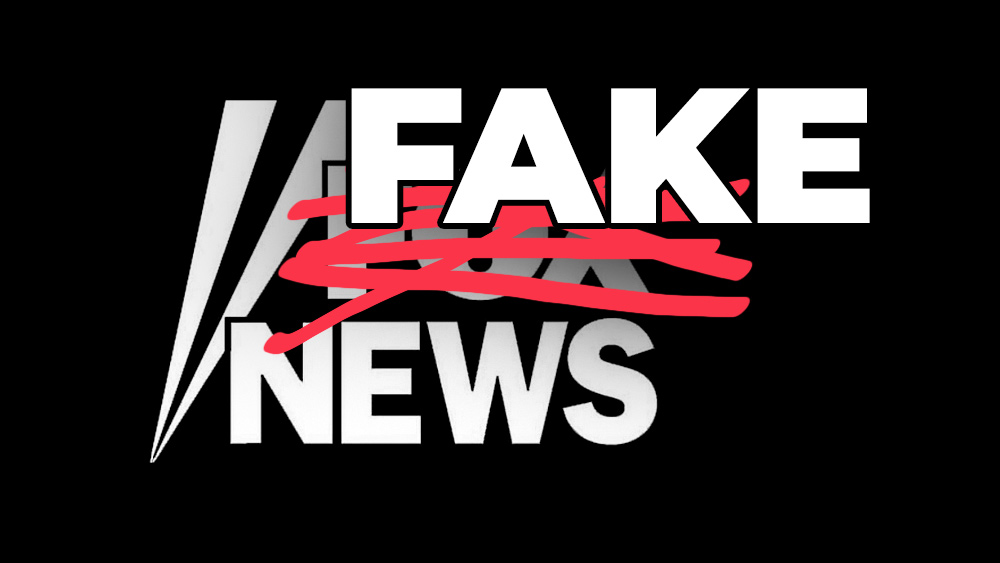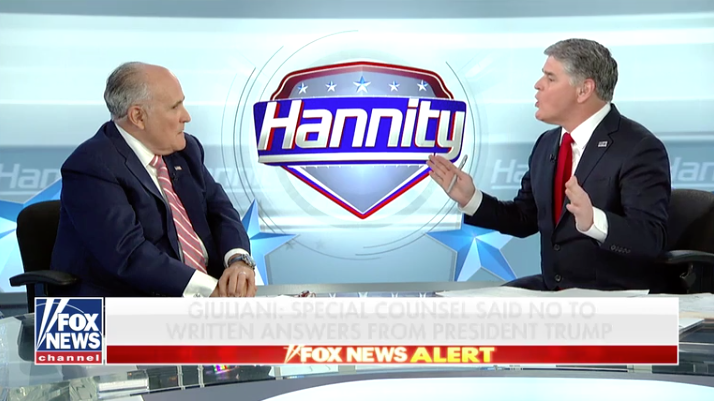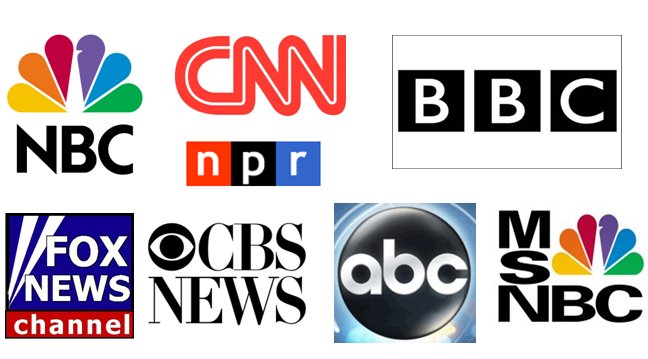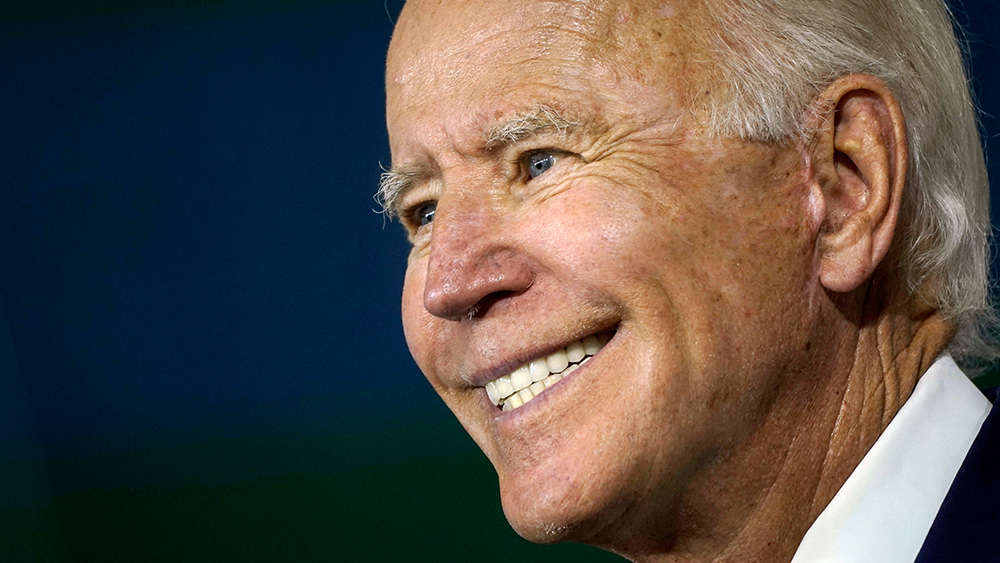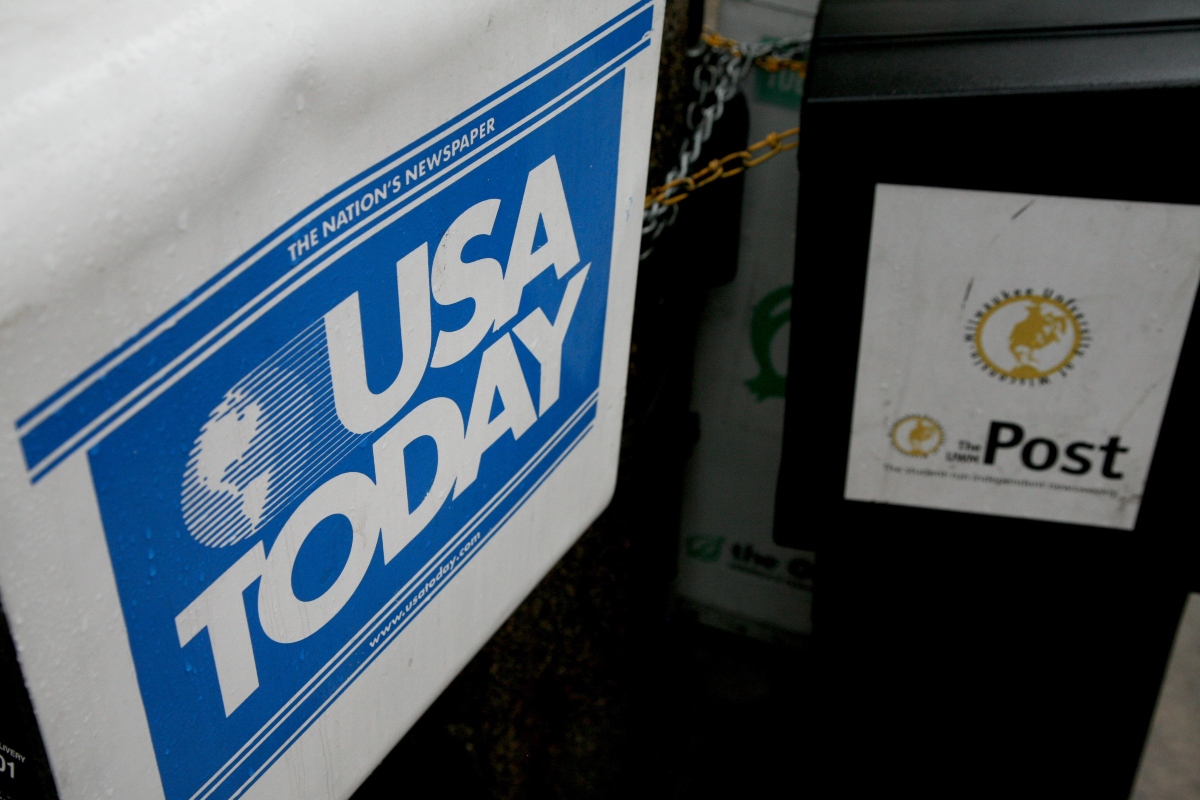The Economist failed to disclose lucrative Huawei ties, even as it defended the Chinese tech giant
11/04/2020 / By Franz Walker

U.K. magazine the Economist provided sympathetic coverage of Huawei – the Chinese tech giant widely seen as a national security risk – without disclosing that they had a lucrative business relationship with the firm.
According to a new report by FreeBeacon, Huawei Technologies commissioned the Economist‘s business consulting division to advance its policy agendas and deflect cybersecurity concerns raised by governments around the world.
“Huawei has a large propaganda operation in Europe and invests vast sums of money to influence thinking in Europe,” said Nile Gardiner, a foreign policy expert at the conservative Heritage Foundation. “It is very disappointing that some European media organizations and businesses chose to collaborate with an entity that is controlled by the Chinese Communist Party.”
A relationship that spans nearly a decade
Long considered an influential British magazine, the Economist has produced reports on a wide range of subjects — including a report on broadband access in the U.K. that Huawei credits with influencing British policy.
In addition, the publication has run numerous Huawei advertisements, while its editors have co-hosted several global forums on the company. The latter was meant to help the tech firm boost its public image as it faced growing scrutiny for its close ties with the Chinese government.
Huawei’s relationship with the Economist can be traced back to at least 2010, when the magazine selected the company as the winner of its Corporate Use of Innovation award. The partnership, however, seems to have started in earnest in 2012 when the Economist defended Huawei in a front-page cover story. Here, it accused Western countries of using cybersecurity concerns as a pretense to oppose legitimate competition from Huawei. (Related: Wall Street Journal publishes highly classified “leaked” materials proving Chinese telecom giant Huawei uses its tech to SPY on its enemies.)
“The rise of a Chinese world-beater is stoking fears of cyber-espionage. Techno-nationalism is not the answer,” reads the headline of the 2012 piece.
The company nurtured a lucrative relationship with the Economist as it came under scrutiny from other countries. This came from concerns that broadband networks built by the company could serve as a conduit for Chinese espionage. These concerns have pushed the U.S., Japan, Australia, the U.K. and other U.S. allies to either curtail or outright ban the company from operating within their borders.
In response, Huawei has twice asked the Economist’s consulting division how to address the concerns of these countries and avoid their wrath. In addition, the company’s ad buys in the Economist helped sanitize the company’s murky ties with Beijing, borrowing the magazine’s global reputation as a standard-bearer for enlightened cosmopolitanism.
In the magazine’s reports analyzing the state of broadband networks in different parts of the world, it helped advance Huawei’s broader agenda of making countries more amenable to greater broadband networks and discouraging protectionist policies.
Other units within the Economist also explicitly supported Huawei’s interest. In response to the growing national security concerns about the firm in the U.S. and elsewhere, the company commissioned reports that analyzed how Huawei can respond to growing government scrutiny. One of these reports – the only one made public – advised that Huawei position itself as an “industry leader in cyber-security.”
“[Huawei] should also distance itself from China’s image as a rather weak cyber-security environment,” reads the report. “This would help to counter the negative perception of Huawei as a company willing to help governments monitor their populations.”
Despite all that the magazine has done for Huawei, the Economist’s coverage has never mentioned its long-standing business relationship with the Chinese tech giant.
Even as the Economist tries to publicly distance itself from Huawei, the relationship remains strong
Over the years, either due to its own discretion or because people were starting to notice, the Economist has toned down its pro-Huawei rhetoric, at times even becoming skeptical of it. That said, the magazine continues to criticize efforts by the U.S. to sanction Huawei.
Huawei’s PR, on the other hand, has been all too happy to cite from the Economist‘s coverage in the facts section of the company’s website, which seeks to assuage concerns about the company.
Meanwhile, the Economist continues to give Huawei preferential coverage. Huawei Chief Executive Ren Zhengfei gave open-ended interviews with the magazine in December 2019 and January 2020 – the latter with the Economist‘s editor-in-chief.
More recently, the Economist ran Huawei-sponsored content, a foreboding video about the impact of the Wuhan coronavirus on globalization, in September.
None of these make mention of the publication’s long-standing business relationship with Huawei.
For more on how Huawei spies on users for the Chinese government, follow Surveillance.news.
Sources include:
File-Huawei.com [PDF]
Submit a correction >>
Tagged Under:
5g, dangerous tech, deception, economist, Huawei, lies, national security, privacy watch, propaganda, spying, surveillance, The Economist, UK
This article may contain statements that reflect the opinion of the author
RECENT NEWS & ARTICLES
COPYRIGHT © 2017 JOURNALISM NEWS





